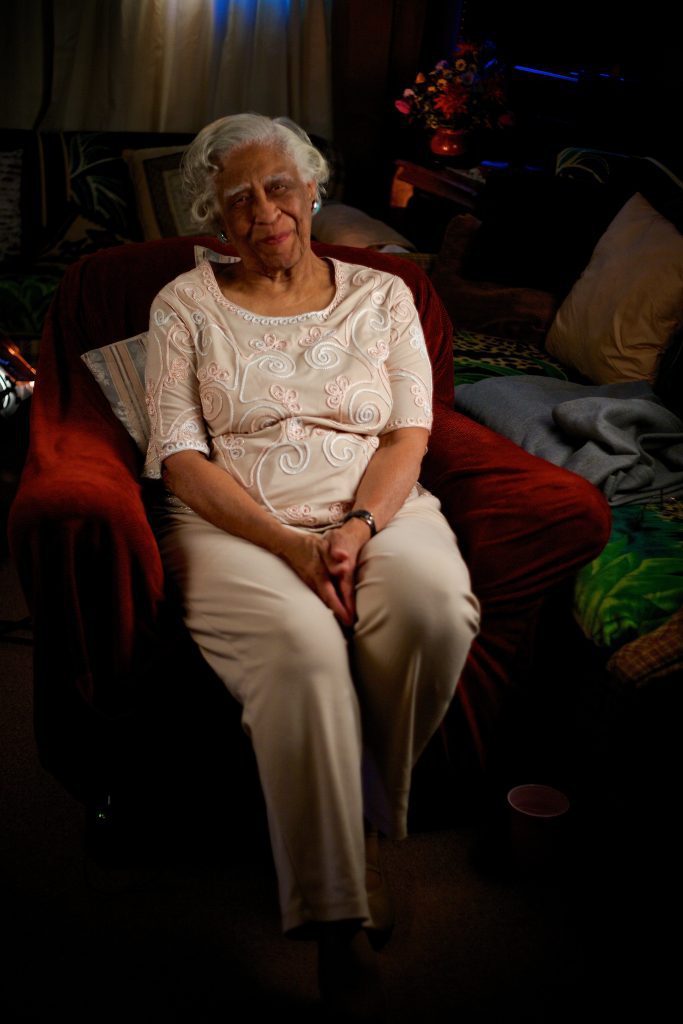Women of Black Mountain College | Alma Stone Williams
“I have sought to be a constant learner. The arts contain more than enough to fill a lifetime of open eyes and open ears.”
– Alma Stone Williams
Alma Stone Williams (1921-2013) was a musician, educator, and pioneer in racial integration. In 1944, she was the first Black student at Black Mountain College, and the first to openly integrate in a white college in the segregated American South, ten years before the US Supreme Court declared Jim Crow law unconstitutional.
There was intense debate at the college about integration in the 1940s; how to bypass racist laws, as well as more cynical concerns about the college’s reputation. It was finally agreed that one Black student or teacher be invited as a guest to the 1944 summer institute. Williams left her teaching job at Fort Valley State to attend, with a Rosenwald Fund scholarship. The summer was spent playing piano and studying musicology. An accomplished pianist, she amusingly recalled teacher Joanna Graudan saying after her audition: “You play so well, it’s a wonder you don’t play better.”
Her time at the college marked the start of a fundamental shift in its history. Music teacher and advocate for racial integration Edward Lowinsky told colleagues: “She fitted in perfectly as a student, intellectually and socially”. In May 1945, the students petitioned for Black students to attend the institutes “on a basis of complete equality”. The faculty then voted for summer guest Sylvesta Martin to join as the first Black student not labelled a guest or visitor. Singers Carol Brice and Roland Hayes joined the faculty in 1945; artists Jacob Lawrence and Gwendolyn Knight followed in 1946.
In her memoir, Williams wrote: “What has remained with me from my Black Mountain experience? I would like to say, “Everything!” But that would not say enough.” But it was the college that really had Williams to thank for her impact, as librarian Nell Rice told her in 1944: “Alma, you have given more to this college than you could possibly have gained.”
She went on to get a second MA in musicology from Julliard. After her husband’s early death, she taught English at South Carolina State and raised their five children. In retirement, she co-founded SONATA, an organisation that supports children of Savannah to study music with music professionals.
Our #WomenOfBMC series is celebrating the women of Black Mountain. Keep an eye out for our next post, a spotlight on photographer and educator Hazel Larsen Archer.

Alma Stone Williams. 10 May 2012. Photograph by Kevan Ward.
From Appalachian Journal’s Black Mountain College Special Edition, vol. 44-45, 2018. Copyright, Appalachian Journal & Appalachian State University, 2018. Used with permission.
Banner image: Alma Stone. Photograph courtesy of Russell Williams Jr. From Appalachian Journal‘s Black Mountain College Special Edition, vol. 44-45, 2018. Copyright, Appalachian Journal & Appalachian State University, 2018. Used with permission.
